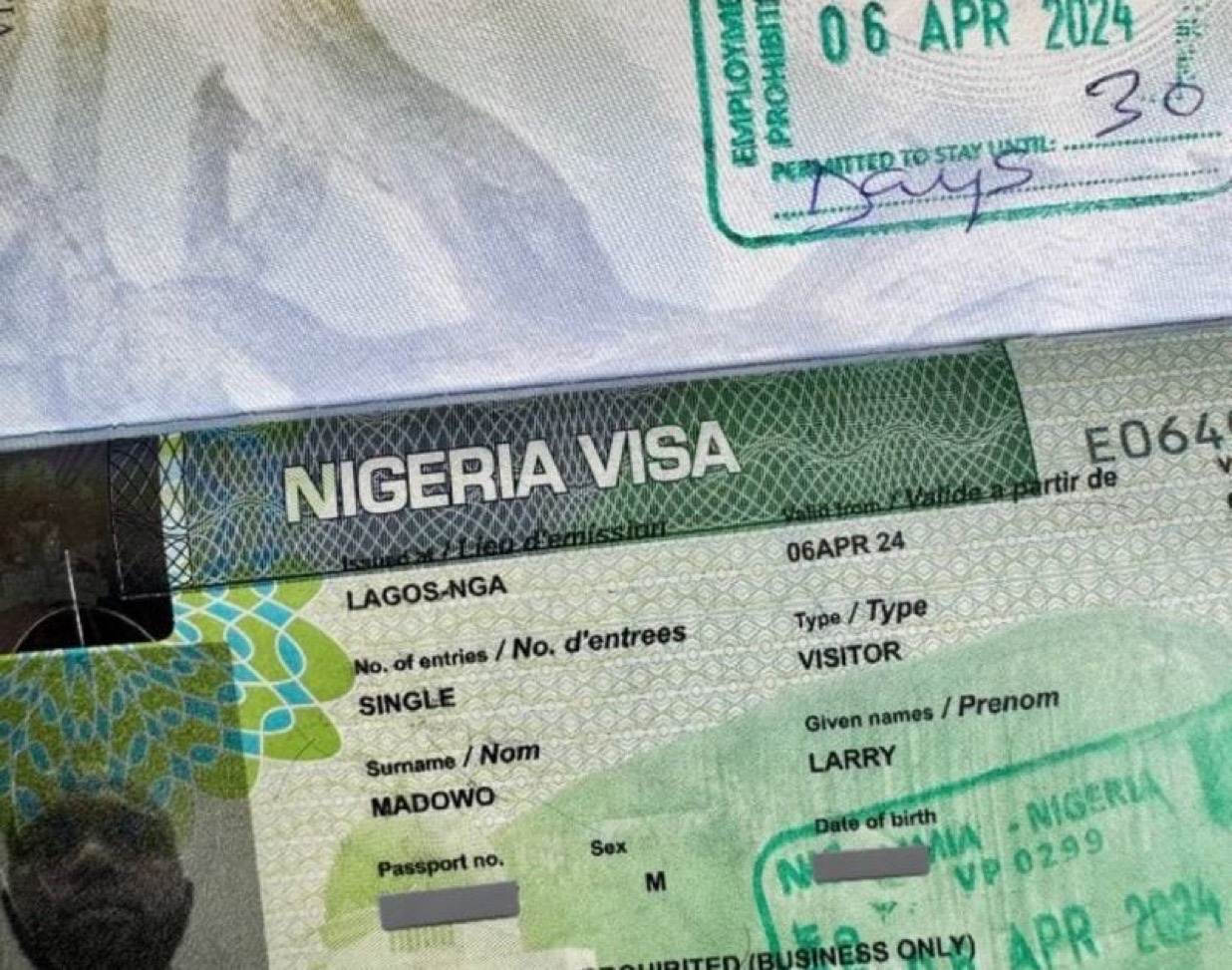Nigeria to Crack Down on Foreign Nationals Over Visa Overstays Starting October 1
In a decisive move to enforce immigration laws and bolster national security, the Nigeria Immigration Service (NIS) has commenced a sweeping nationwide operation today targeting foreign nationals who have overstayed their visas or violated entry conditions, following the expiration of a five-month amnesty program.
The enforcement actions, announced late Tuesday by NIS spokesperson Akinsola Akinlabi, mark the end of the federal government’s “Expired Visa Initiative (Amnesty),” which ran from May 1 to September 30, 2025, offering violators a penalty-free opportunity to regularize their status online via the amnesty portal at https://amnesty.immigration.gov.ng. “Sequel to the earlier statement dated 5th July, 2025, on Expired Visa Initiative (Amnesty) granted by the Federal Government of Nigeria… the Amnesty window ends by midnight of 30th September 2025,” Akinlabi stated. “With the expiration of the Amnesty period, effective 1st October 2025, enforcement actions will commence nationwide against foreign nationals who have overstayed their visa or violated their entry conditions.”
The crackdown targets a range of violations, including expired Visa on Arrival (VoA), Single and Multiple-Entry Short Visit or Business Visas, and Comprehensive Expatriate Residence Permit and Automated Card (CERPAC). Penalties will be tiered based on the duration of overstay, reflecting broader reforms introduced in May 2025 under the Nigeria Visa Policy (NVP) 2025, which shifted to a fully electronic e-Visa system to enhance efficiency and security.
Under the new regime:
- Overstay of up to 3 months: A daily fine of $15 (approximately ₦25,000), plus potential deportation.
- Overstay of 3 months to 1 year: Deportation, $15 daily fine, or a five-year re-entry ban.
- Overstay exceeding 1 year: Deportation, a 10-year re-entry ban, or permanent exclusion from Nigeria.
The initiative, spearheaded by Interior Minister Olubunmi Tunji-Ojo, aims to curb long-term overstays—often cited as individuals entering on short tourist visas but remaining for years to work illegally—and aligns with global standards for migration management. “People claim to be visiting Nigeria for two weeks but stay for 30 years working—that must end,” Tunji-Ojo remarked during the policy’s unveiling in April 2025. The NIS has mobilized teams for raids, compliance checks, and border surveillance, with a dedicated support unit to guide legitimate regularization efforts.
Foreign embassies, including the U.S. Mission in Abuja, have issued advisories urging their citizens to comply, warning of “significant financial penalties and long-term restrictions on re-entry.” Business leaders and expatriate communities have welcomed the structured approach but expressed concerns over potential disruptions to sectors reliant on foreign expertise, such as oil and gas, tech, and manufacturing.
NIS Comptroller General Kemi Nanna Nandap emphasized the agency’s commitment to “lawful migration, safeguarding National Security, and promoting transparency.” Affected individuals are advised to visit https://immigration.gov.ng for regularization options or contact NIS hotlines for assistance. Non-compliance could lead to immediate arrest, asset seizure, and blacklisting.
This enforcement is part of President Bola Tinubu’s administration’s wider immigration overhaul, including automated entry/exit tracking and expatriate quota reforms, designed to foster a “secure and transparent migration system.” As operations unfold, authorities anticipate thousands of deportations, underscoring Nigeria’s resolve to protect its borders while remaining open to compliant investors and visitors.
